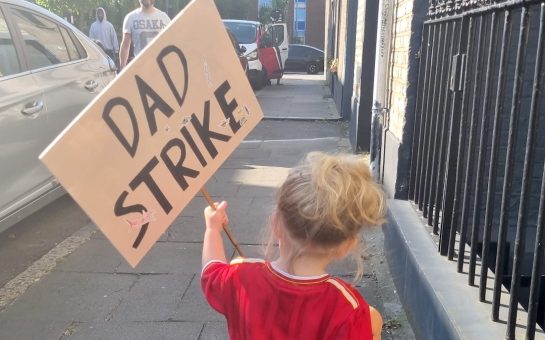Manchester’s Lesbian and Gay Foundation are urging people to talk about death and end of life issues in the run up to Dying Matters Awareness Week.
The week, which runs from May 12-18, will offer advice and support to the LGBT community during what can be a difficult time.
The theme for this year will centre around ‘You Only Die Once’ or #YODO in an effort to get the event trending.
Discussing the awareness week, Sian Payne of the National LGBT Partnership, believes people should be able to talk freely about death.
“We can often be afraid of talking about dying, but raising awareness of these issues among lesbian, gay, bisexual and transgender communities is vital to improving our end of life experience,” she said.
“Something as simple as having a conversation ensures that your personal wishes are known before you die and can offer some reassurance, for both the individual concerned and their loved ones.
“We encourage everyone who identifies as lesbian, gay, bisexual or trans to start these conversations and make sure dying matters to them.”
Throughout the week, Dying Matters will be encouraging people to take five simple steps before they’re six-feet under to make the prospect of death easier on themselves and those around them.
People are encouraged to write their will, record their funeral wishes, plan any future care or support for relatives, consider registering as an organ donor and letting your loved ones know about your final wishes.
The partnership comes in response to studies such as Open to All, which found that many LGBT people do not feel that end of life care services are open to them.
They also fear they will face discrimination and a lack of understanding from health and social care providers when they are dying.
A report conducted by Manchester and Nottingham University spoke to 189 care home staff in England which found that many residents would not disclose their sexual orientation or gender identity out of embarrassment.
The majority of care home staff denied having any LGBT residents among their ranks and two thirds of care home staff said not a single resident disclosed their sexual preference at all.
LGBT activist Peter Tatchell thinks that how people are treated when dying is a test of understanding, acceptance and compassion.
“Becoming seriously ill and knowing you are dying is distressing enough without the added stress of worrying that your carers may not accept you if they know you are lesbian, gay, bisexual or transgender,” he said.
“Fear of homophobic prejudice, rejection and neglect is very real.
“Many terminally ill lesbian, gay, bisexual and transgender people feel doubly vulnerable – on account of their illnesses and on account of homophobia.
“We still have a long way to go to ensure treatment and support without prejudice.”
Image courtesy of Sam Caplat, with thanks


